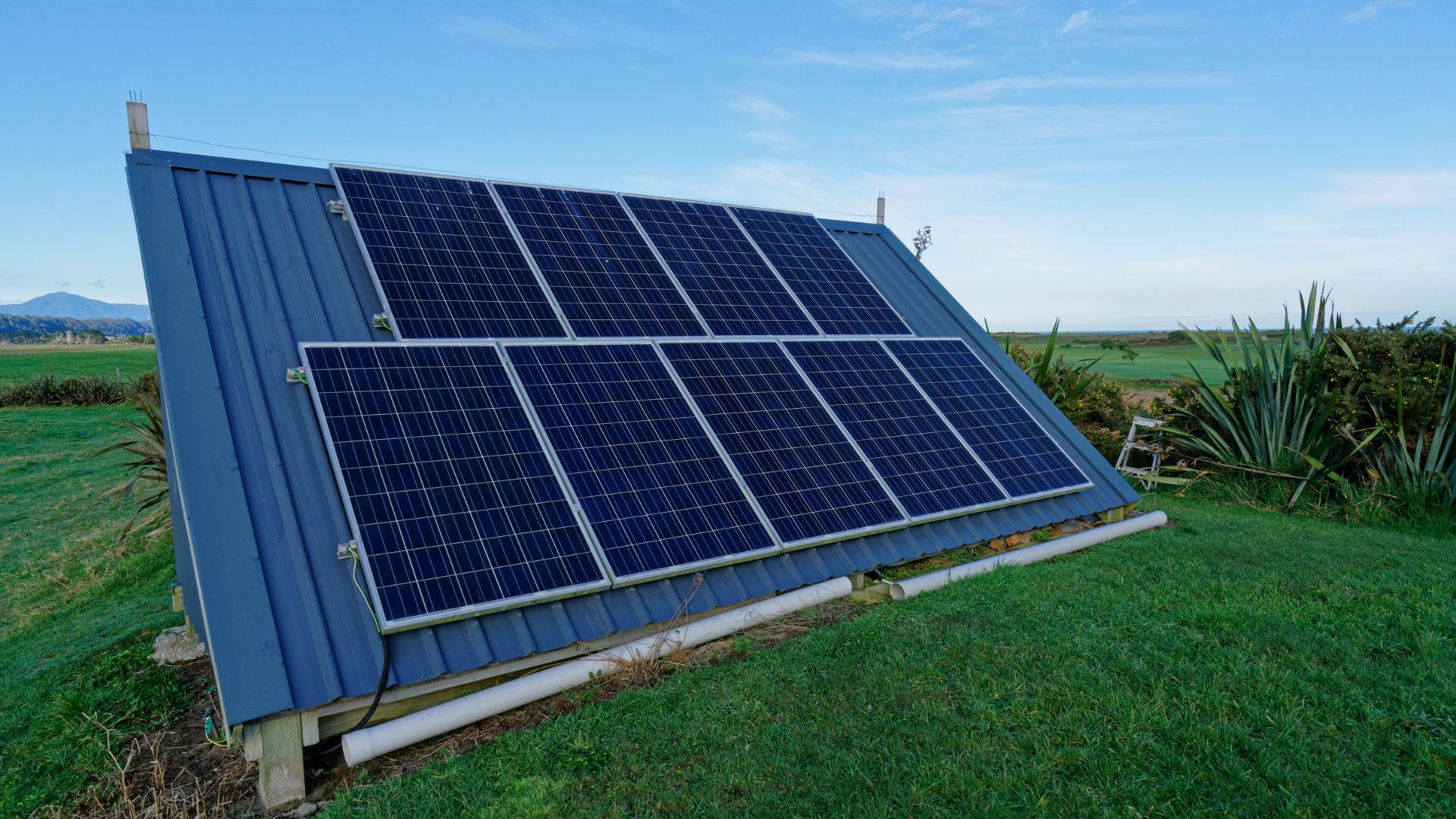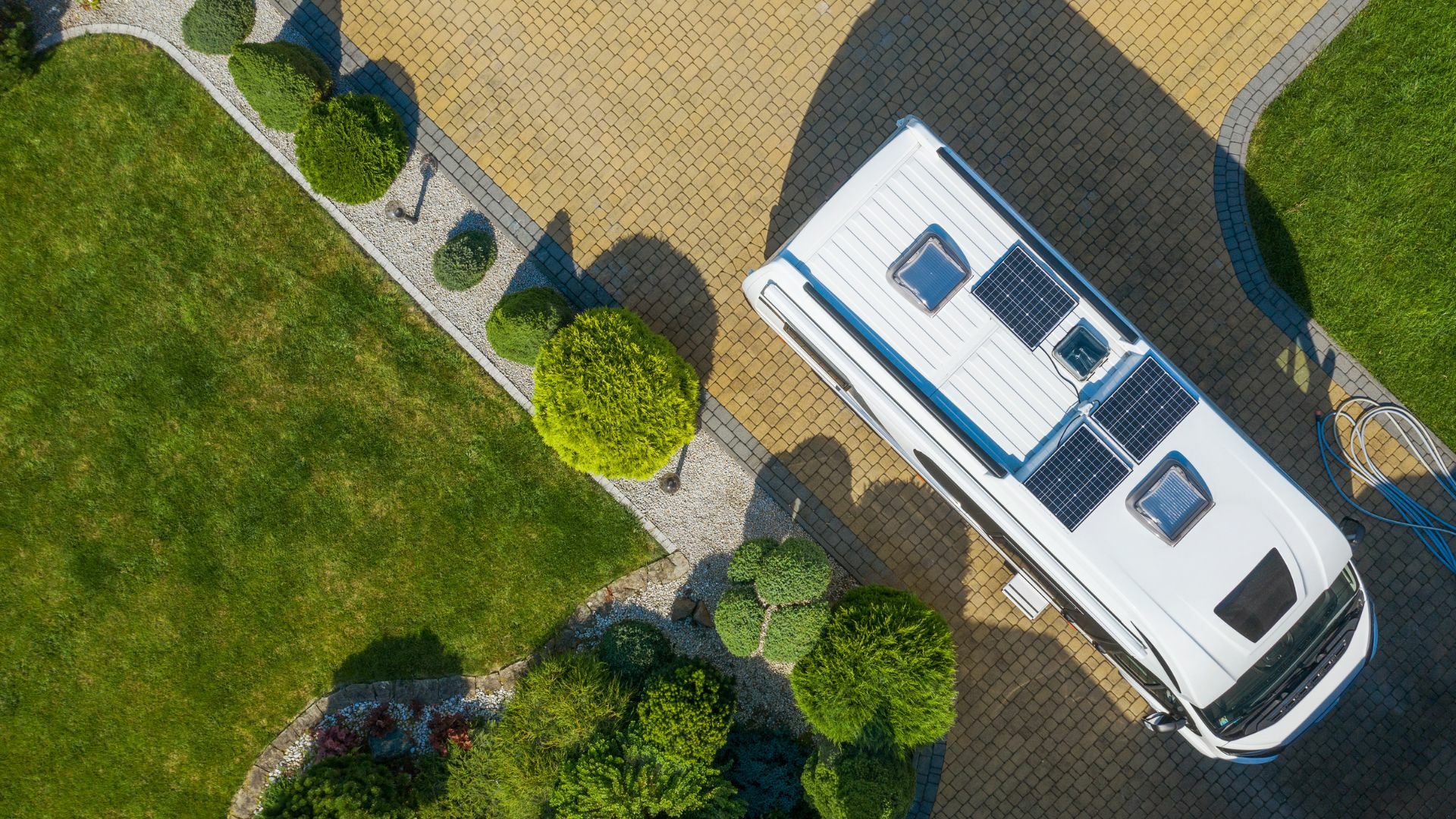Over the past 10 years, solar prices have declined by 54 percent and the average annual growth rate for the solar industry has averaged 24 percent. Also, in the first quarter of 2023, the solar industry installed 6.1 gigawatts of capacity, making it the best first quarter in the industry’s entire history. With all measures indicating the strong and continued growth of the solar industry in the years to come, steady growth in the deployment of lithium batteries is also anticipated. This is because lithium batteries are the most reliable, powerful, and longest-lasting battery option compared to alternatives when it comes to storing and discharging intermittent energy generated from solar panels. In fact, lithium battery use is expected to grow at an average annual rate of 30 percent between now and 2030. Whether you are considering adding lithium batteries to your existing solar system or purchasing lithium batteries to pair with your solar system from the get-go, we cover what you need to keep in mind when it comes to selecting lithium batteries for solar energy.
What are the Main Advantages Lithium Batteries Provide for Solar?
When determining what type of battery to pair with your solar energy system, it’s important to be aware of the significant advantages that lithium batteries can provide over alternatives like lead-acid batteries. As the advantages of lithium batteries are numerous, we have highlighted some of the top benefits below.
- Highest efficiency: According to the Institute of Electrical and Electronics Engineers, lithium batteries are, on average, 20 to 30 percent more efficient than lead-acid batteries. This means that lithium batteries lose less energy during each charge and discharge cycle, allowing you to fully maximize the energy produced by your solar panels with greater usable energy each day.
- Longest lifespan: Lithium batteries last, on average, 10 times longer than lead-acid batteries. This greater longevity directly translates to far fewer replacements long-term compared to lead-acid batteries. After you’ve already installed your batteries with your solar system, the last thing you want to have to do is continually uninstall and reinstall batteries into the system.
- Cost-effective: In addition to requiring much less replacement costs, lithium batteries can also be discharged up to 100 percent without damaging the batteries, unlike lead-acid batteries which can often only be discharged up to 50 percent. As a result, you can buy around half as many lithium batteries because 100 percent of their nameplate, or rated, capacity can actually be used.
- No maintenance: Lithium batteries do not have to be regularly watered or vented like many lead-acid batteries, saving you time and unnecessary headaches.

How To Live Fully Off-Grid with Lithium Batteries
Whether you are seeking energy independence, cost savings, a more environmentally friendly lifestyle, or simply want to live in a remote area where there is no electric utility available, switching to a fully off-grid lifestyle can seem daunting at first. In order to live completely off-grid with lithium batteries, you will need a reliable source of energy generation, with solar panels remaining a popular option. Listed below are the top factors to keep in mind when it comes to using lithium batteries in off-grid solar power systems.
- Be prepared and familiarize yourself with all the key components required for an off-grid solar system. For example, you should know what a solar panel charge controller is.
- Determine which type of battery storage system is best suited for your needs.
- Calculate your energy use, as this will help determine the size of the battery system you will need.
- Understand the other logistical and financial benefits you’ll receive by switching to a fully off-grid lifestyle.
- Learn what the main steps are to designing an off-grid solar-plus-storage system.

Using Lithium Batteries As Backup Power For Your Solar System
The amount of power outages in the U.S. is on the rise, with annual outages caused by severe weather events having doubled from the early 2000s to now. Consumers are increasingly aware of this trend and are proactively taking steps to prepare for the next blackout by purchasing portable solar and battery storage systems and/or adding batteries to their home solar system. If you’re planning to use batteries for emergency or backup power, it’s necessary to understand why exactly lithium batteries are the optimal choice to pair with your solar system. We have listed the top reasons below.
- While generators have been a common choice for backup power historically, they are very loud, polluting, and fuel dependent.
- Fuel prices invariably skyrocket during widespread, prolonged outages, if it is even available, in tandem with the spike in demand for backup generator fuel.
- Lithium batteries require virtually no maintenance, unlike generators, which require consistent refueling and care.
- Unlike lithium batteries, the amount of power you want your generator to provide will greatly impact the size, cost, and installation of the generator.

Setting Up Lithium Batteries For Solar Power in Your RV
The RV industry grew over 200 percent between 2010 and 2017, and then greatly increased again during the pandemic. Just as the RV industry continues to grow, so too does the demand for solar-plus-storage systems so that RV enthusiasts can travel further and more comfortably. Whether you have a van, skoolie, motorhome, or other RV, you need to keep the following items in mind when it comes to adding batteries with solar in your RV:
- The pros and cons of absorbed glass mat (AGM) lead-acid batteries versus lithium batteries: Specifically, you should compare physical size, weight, energy density, safety, lifespan, maintenance, efficiency, charge time, depth of discharge, and cost, as these can vary greatly between the two types of batteries. Additionally, you should always check the warranty of the battery, particularly to gauge the estimated cycle life.
- How to calculate how much solar you need for your RV: In order to do this, you will need to size your battery bank and calculate your battery power needs.
If you have any additional questions about pairing lithium batteries with solar energy, reach out to a RELiON expert today.
